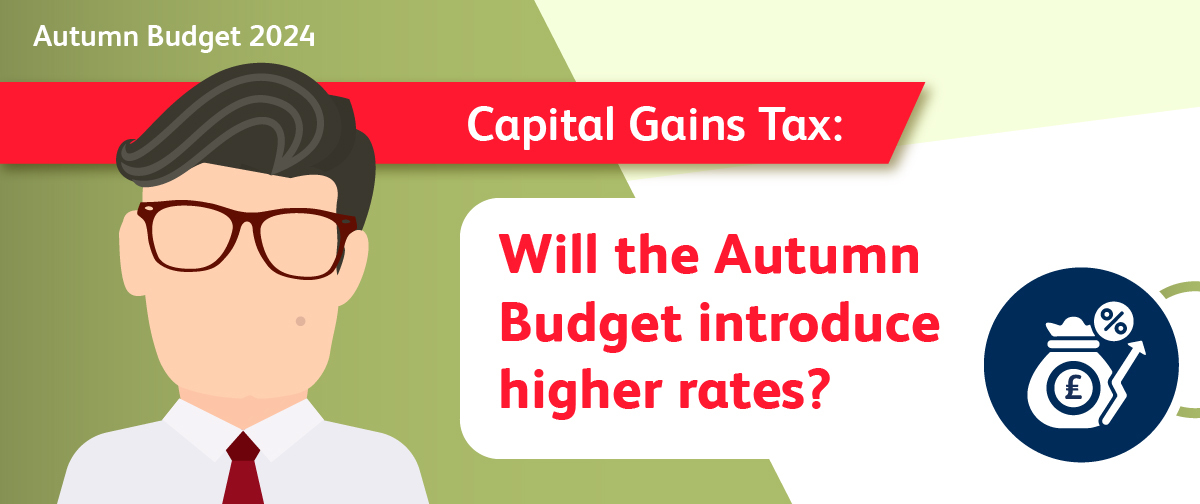
14 October 2024
by Wesley Coultas, Head of Investment Management
With Labour’s first Budget since 2010 on the horizon, potential changes to Capital Gains Tax (“CGT”) are in the spotlight. This article outlines some possible changes that could impact your investment strategy. Staying informed and acting early could help you make the most of your investments in a changing tax landscape.
This article isn't personal advice. You should seek financial advice if you're unsure of the best course of action. CGT rules can change, and their benefits depend on personal circumstances.
What is CGT?
CGT is owed when an individual sells an asset, such as a second home or shares in a company, and where that sale results in a profit or "gain". You pay tax on the difference between what you paid for an asset and what you sell it for minus "allowable expenses" such as house repairs, the rules around which are complex and subject to change.
What are the current allowances and rates?
Individuals are given an annual allowance of £3,000 (reduced from £6,000 in the 2023/24 tax year and £12,300 for the three tax years prior to that) so there isn’t scope for a huge amount of profit to be made before CGT becomes payable. You then pay the tax on any profits above that amount in that tax year. The allowance resets annually on April 6 when the new tax year begins.
Current Rates
Basic rate taxpayer
10% on gains on assets (e.g. shares), 18% on residential property
Higher rate taxpayer
24% on residential property gains
20% on gains from other chargeable assets (including shares)
28% on gains from "carried interest" if you manage an investment fund
(There are different allowances for trustees and those with non-domiciled status).
Why is a CGT increase anticipated now?
Due to the £22 billion hole in public finances which Labour has pledged to fix immediately, we expect to see changes to CGT. However, changes to CGT have been in discussion for years. The Office of Tax Simplification published a report claiming the government could raise £14 billion a year by more closely aligning rates.
"The disparity in rates between capital gains tax and income tax can distort business and family decision-making and creates an incentive for taxpayers to arrange their affairs in ways that effectively re-characterise income as capital gains," the 2020 report advised.
What's exempt from CGT?
Investments held within an ISA, some venture capital trusts, shares held in Enterprise Investment Schemes (EIS) and Seed Enterprise Investment Schemes, government bonds (gilts) and some corporate bonds are all exempt from CGT currently.
One of the benefits of owning funds and stocks in an ISA is that, when you sell, you don't have to pay any CGT. Over a lifetime of ISA saving, this could save you a substantial sum.
Conclusion
Whatever the fall-out following the Autumn Budget, it will remain crucial to make the most of all CGT allowances to which you are entitled to build your financial resilience.
If you need any help or advice when it comes to putting a plan in place contact the team at Walker Crips Investment Management. Our team of experienced investment managers are on hand to offer you expert advice and guidance every step of the way.
Important Note
No news or research content is a recommendation to deal. It is important to remember that the value of investments and the income from them can go down as well as up, so you could get back less than you invest. If you have any doubts about the suitability of any investment for your circumstances, you should contact your financial advisor.